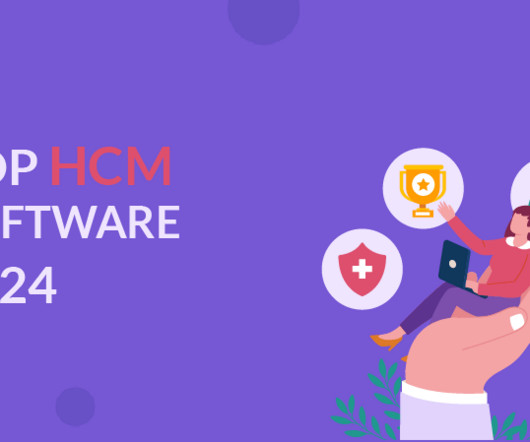How to Approach Employees About Career Development – Engagedly
Engagedly
NOVEMBER 17, 2023
How to Approach Employees About Career Development A LinkedIn report suggests that 94% of employees surveyed feel that providing learning and career development opportunities encourages them to stay longer with the organization. The process of career development is crucial for both employees and employers.



























Let's personalize your content